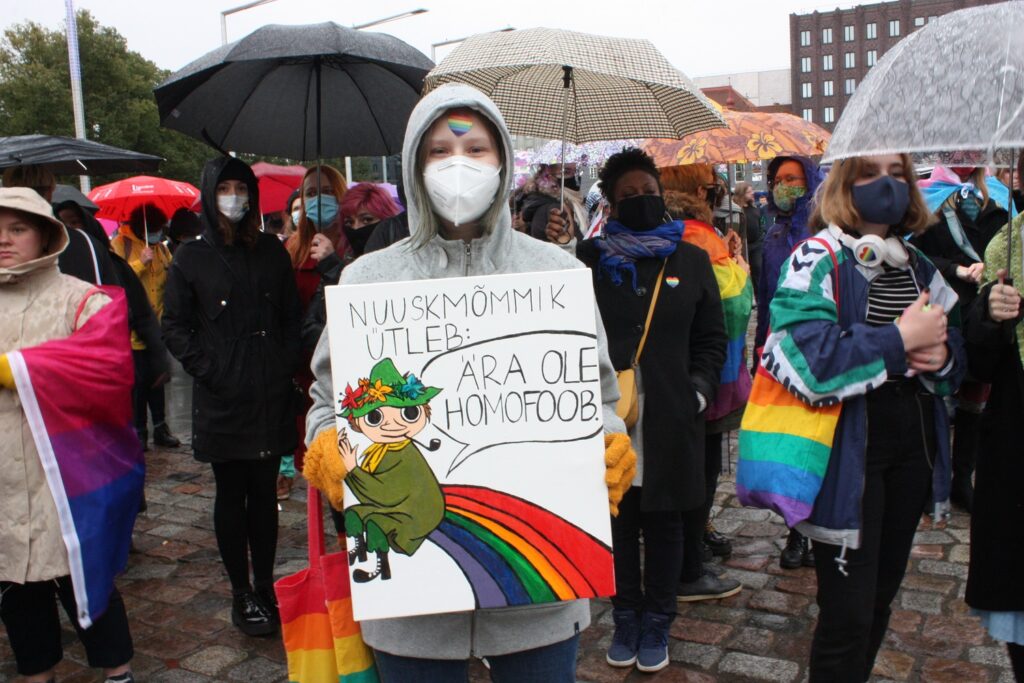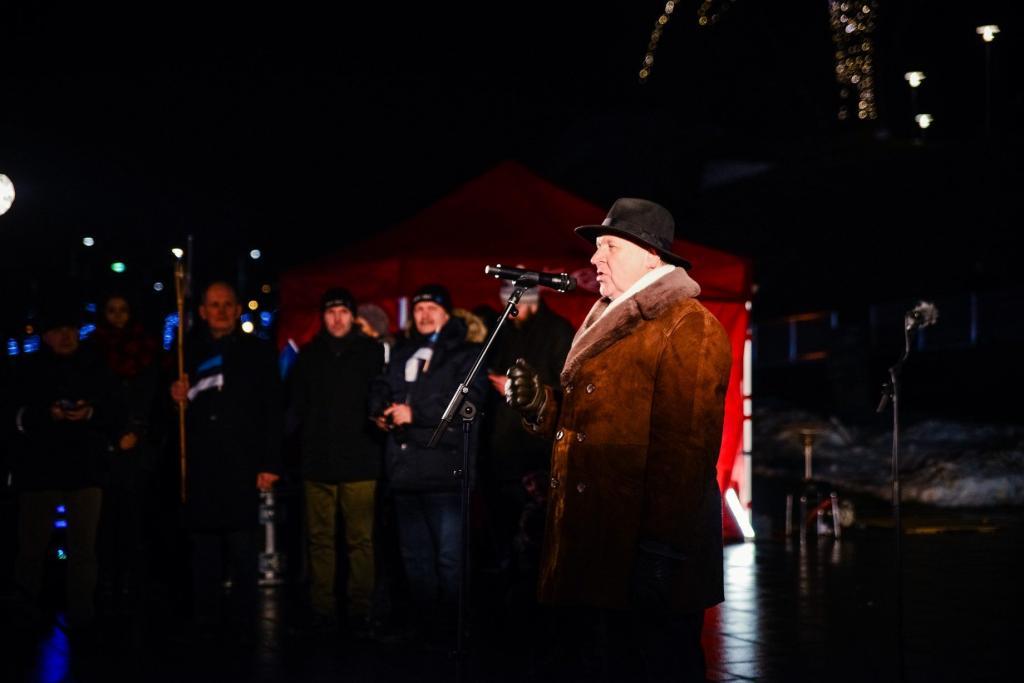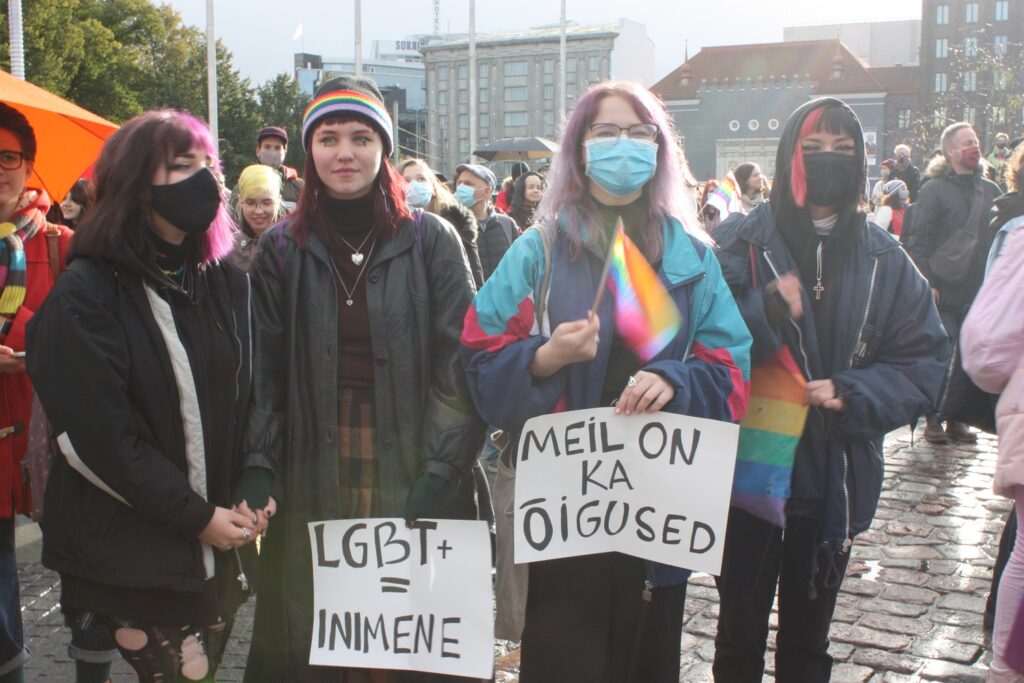In its annual review of the human rights situation of LGBTI people in Europe and Central Asia, ILGA-Europe, an advocacy group, listed Estonia with the countries that have seen a rise in hate speech and where same-sex partnership registration or marriage rights legislation has stagnated.
The tenth edition of ILGA-Europe’s annual review of the human rights situation of lesbian, gay, bisexual, trans and intersex people in Europe and Central Asia documents progress and trends in the past year.
The review reports a stark rise in abuse and hate speech against LGBTI people in many countries, but it highlights positively that more people are turning to the courts for the recognition of their human rights – or for the clarification of existing legislation that is meant to protect them.
Estonia is listed with the countries that have seen a “substantial rise in hate speech, both from official sources, in the media and online”. “The trend of politicians verbally attacking LGBTI people has grown sizeably and spread in countries including Albania, Azerbaijan, Bosnia and Herzegovina, Bulgaria, Czechia, Estonia, Finland, Hungary, Italy, Kosovo, Latvia, Moldova, North Macedonia, Poland, Russia, Slovakia, and Turkey,” the review says.

The review notes that, in same-sex partnership registration or marriage rights legislation, Estonia has “stagnated”, along with Andorra, Bulgaria, the Czech Republic, Latvia, Lithuania, Romania, Serbia and Slovakia.
Estonian police not LGBTI competent
The review also highlights specific cases from each country.
For example, arguing a lack of credibility, the Estonian Police and Border Guard Board rejected three asylum seekers, who asked for international protection on grounds of sexual orientation. Backed by the legal support from the Estonian Human Rights Centre, the case was taken up in the courts and in November, the country’s Supreme Court overturned the judgment.
The court ruled the Estonian police must have competent interviewers, conduct application procedures without stereotypical judgments and caseworkers and interviewers must receive appropriate training to support the applicant in sharing sensitive information that can be relevant for their case. “No such training has been provided to date,” the review notes.
Estonia and Romania two EU countries without hate speech criminalisation
The review highlights that Estonia is one of the last two European Union countries, alongside Romania, where hate speech is not criminalised – and on 30 October, the European Commission launched infringement proceedings against the country for that reason.
Bringing an example, the report mentions a homophobic statement by the former interior minister, Mart Helme (the deputy leader of the far-right Estonian Conservative People’s Party, also known as EKRE).

“Helme stated in an interview with Deutsche Welle that he was not very friendly towards LGBT+ and suggested that if people want marriage equality, they should just move to Sweden,” the review notes, adding that Helme refused to apologise (the review was compiled before the previous government collapsed in January 2021; as of February 2021, EKRE is no longer part of the Estonian government).
The review also mentions that, according to a public opinion poll, conducted in November 2020, 46% of Estonians support marriage equality (allowing two women or two men marry on the equal grounds with a man and a woman).
Cover: A rally in support of the equal rights in Tallinn, Estonia, on 18 October 2020. Photo by Grete Maria Neppo.

